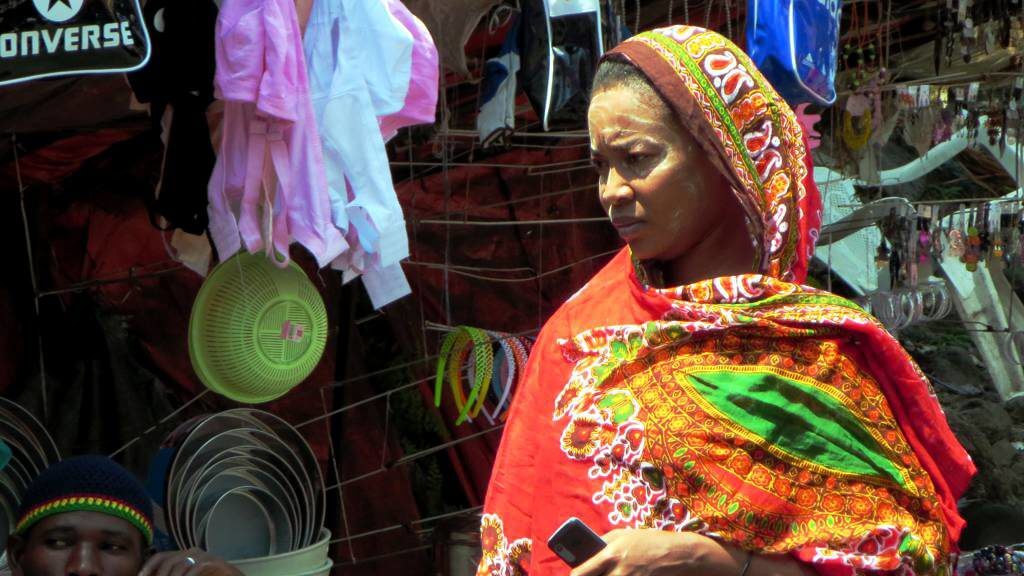My guest today is Kevin Leyton-Brown, he is a Professor of Computer Science at the University of British Columbia.
Kevin’s work involves not only computer science topics such as artificial intelligence, but also game theory, and the intersection between the two. Our topic for today is an app that Kevin co-founded called Kudu, which uses double auctions to help Ugandan farmers trade more effectively.
Kevin was interested in using his skills to help people in the developing world, so during a sabbatical seven years ago, he resolved to go to a country in sub-Saharan Africa to do just that. He settled on Uganda and, after living there for a time, noticed something peculiar about the market for agricultural goods there. In the city, you would sometimes find vendors selling goods at very high prices, and even running out. Meanwhile, in the countryside, vendors would have so much stock they would be selling at extremely low prices, even rotting before they could be sold.
Kevin, along with his partners John Quinn and Richard Ssekibuule, set out to help the locals seize these apparent arbitrage opportunities by constructing a platform to allow buyers and sellers in these markets to trade with one another at competitive prices. Most Ugandans have cell phones. Not fancy smartphones (as I wrongly guessed) but basic flip phones. So Kevin and his partners decided to set up a platform by which people could make bids and asks using a basic text-message system, and that system turned into Kudu.
The platform has facilitated $1.5 million USD worth of confirmed trades, and it has made the prices of agricultural goods much more transparent for everyone trading in these markets.
Related links:
Vickrey-Clarke-Groves mechanism
Photo credit: David Stanley
Subscribe to Economics Detective Radio on iTunes, Android, or Stitcher.


One thought on “Technology, Mechanism Design, and Ugandan Agricultural Markets with Kevin Leyton-Brown”
Comments are closed.